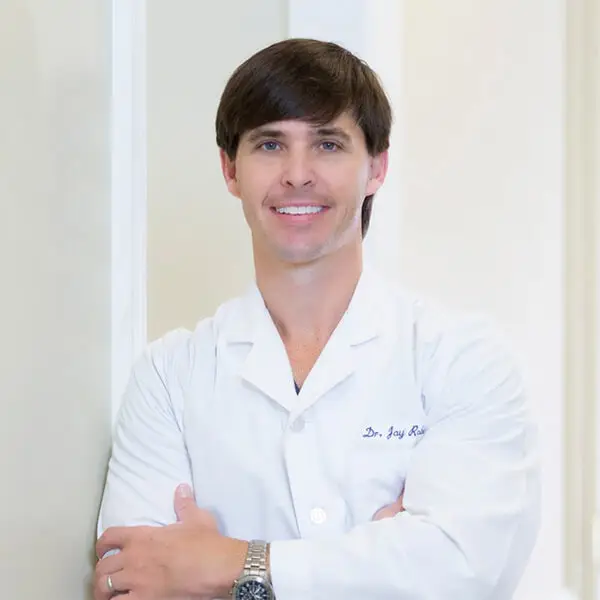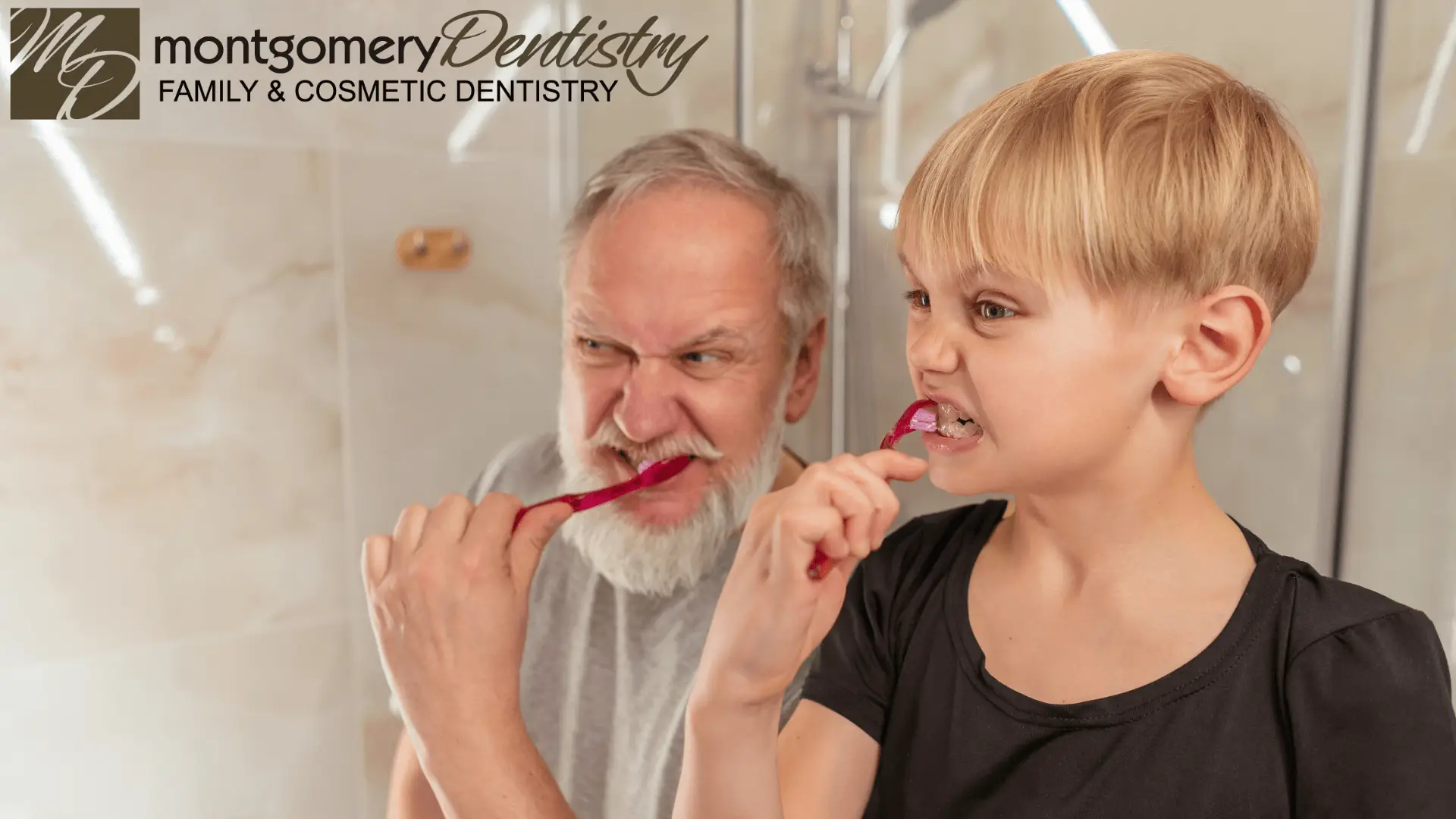September is Healthy Aging Month, an annual emphasis to raise awareness about the positive aspects of growing older. Oral health is an important factor in healthy aging! Though there are many common misconceptions about what happens to teeth as aging occurs, it is possible to maintain healthy teeth for the entirety of one’s life. Let’s dig into how to maintain and improve your oral health with age!
Oral Health Changes With Age
Aging occurs throughout the body affecting all organs, including the teeth and gums. As our bodies age, cells renew at a slower rate, tissues become thinner, bones become less dense, and the immune system weakens. All of these changes increase the risk of oral health problems. That is why it is essential to know how to maintain the health of your teeth and gums to minimize your risk of difficult and painful oral health issues.
3 Common Oral Health Problems in Older Adults
Dry Mouth
Dry Mouth is a condition that can occur for a variety of reasons. Certain medicines can cause it, cancer treatments, certain health conditions, or just because of age. Saliva is an important factor in oral health, protecting your teeth and gums. If the salivary glands in the mouth aren’t producing an adequate amount of saliva, your risk of dry mouth increases. Without the proper saliva, some people experience problems with tasting, chewing, and swallowing. Dry mouth conditions can also cause mouth sores, gum disease, tooth decay, and thrush.
Gum Disease
Gum Disease, also known as Periodontal Disease, occurs when bacteria found in plaque irritate the gums. The likelihood of having gum disease increases with the use of tobacco products, wearing poor-fitting dentures, and having diseases such as cancer or diabetes. Gum diseases cause the gums to swell, turn red, and oftentimes bleed. If left untreated, gum disease can lead to tooth loss.
Oral Cancer
According to the American Cancer Society, about 54,000 new cases of oral cancer are diagnosed each year. In its beginning stages, oral cancer typically does not cause much pain, but there are a few things to look for. Symptoms can include open sores, white or red patches, and changes in the lip, tongue, or lining of the mouth.
Dental Care for Older Adults
While the risks of oral issues increase with age, preventive measures can be taken to reduce the risks of contracting any of these diseases or problems. Below are some tips to help maintain and improve your oral health with age:
Regularly Visit Your Dentist
Dentists are trained to look for gum disease, cancer, and other conditions of the mouth. By regularly visiting your dentist, typically every 6 months, any issues that arise can be caught early enough to avoid painful treatment and tooth loss.
Brush Twice A Day, Floss Once A Day
In addition to your regular dental visits, you want to ensure that you are maintaining daily oral hygiene practices. These include brushing at least twice a day and cleaning in between your teeth with floss at least once a day. Both of these daily habits can decrease your risk of plaque build-up, gum disease, oral cancer, and more.
Watch Your Diet
It’s true that our diet affects all parts of our bodies, our mouths included. Limiting sugary foods, especially sticky candies, can decrease your chances of developing oral health issues. Sugar can increase the level of plaque on teeth and, if left for long periods of time, can damage the teeth and gums.
Denture Care
If you wear dentures, be sure you are caring for them properly. This includes removing and rinsing them after eating, cleaning your mouth after removing the dentures, brushing your dentures daily, soaking them overnight, and ensuring that they fit your mouth correctly.
Taking care of your teeth can go a long way to ensuring that you have optimal oral health for as long as possible! Be sure to implement these practices. You can start by scheduling your next appointment with one of our dental professionals here at Montgomery Dentistry!
About the Author
-

Dr. Jay L. Robertson
Dr. Jay Robertson joined our practice in July 2008. He is from Montgomery and is a graduate of Saint James School, Birmingham-Southern College, and the University of Alabama, Birmingham School of Dentistry. He is a member of the American Dental Association, the Alabama Dental Association and the Academy of General Dentistry.
Dr. Robertson and his wife Jennifer have four children, John Campbell, Julian, Lowe, and Ansley.
Dr. Robertson serves on the board of the Montgomery Quarterback Club and is a member of the First United Methodist Church of Montgomery. When not at work, Dr. Robertson enjoys all things sports, including Auburn, golf, and his children’s various sports.
